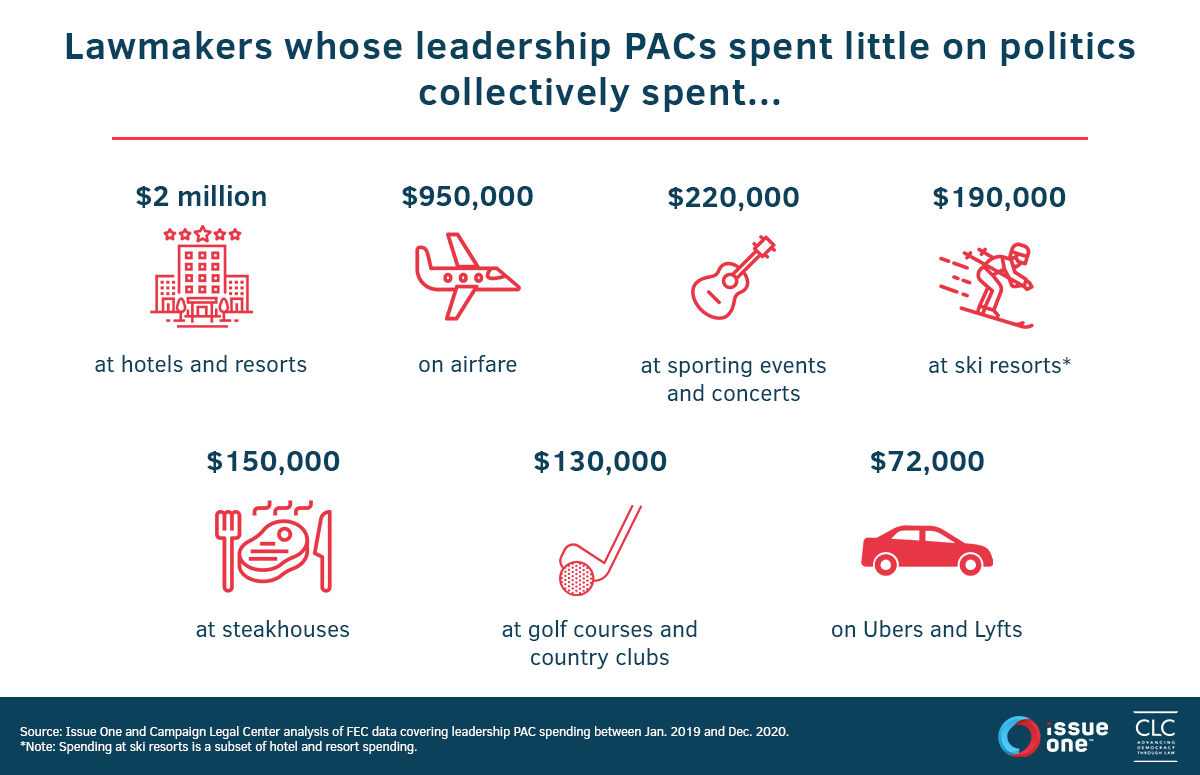Results of a striking new poll were released on November 17, showing unprecedented and disturbing levels of voter belief that “a few big interests” run the government.
Perhaps the most disturbing result of the poll is the response to the following question, which has been asked in some form repeatedly since 1964:
“Would you say the government is pretty much run by a few big interests looking out for themselves or that it is run for the benefit of all the people?”
The unprecedented response to this question: 92 percent of the registered voters polled this summer said the government is run by a few big interests. That number is remarkable and a new high, but is not horribly out of line with the trend line of responses to that question over the years.
When it was first asked, in 1964, a solid majority of American voters polled, 64 percent, said they trusted the government to act for the benefit of all, with just 30 percent feeling the government was run by a few big interests. By 1970, things had shifted such that those trusting the government to benefit all the people were a minority. The “run by big interests” response has retained the lead ever since. It hit 70 percent in 1980, dropped for a while, then was between 70 and 80 percent for much of the 1990s. The new result of 92 percent is a disturbing new high for that response, suggesting record levels of disillusionment with government among American voters.
Other questions in the survey explored feelings about campaign money. Sixty-eight percent of respondents strongly agreed that “big campaign donors have too much influence,” with another 23 percent somewhat agreeing. Similarly, 63 percent strongly agreed that “elected officials think more about the interests of their campaign donors than the common good of the people,” with another 26 percent somewhat agreeing.
These results support our sense that concern with the influence of money in politics and disillusionment with government go hand in hand, and that fixing the one will help fix the other. They also demonstrate the increased urgency of our work.
The survey was conducted online during the summer of 2016 and reflects responses from 2,411 registered voters who were selected as a nationally representative sample, with a margin of error of two percent. The poll was conducted by the University of Maryland’s Program for Public Consultation and released by Voice of the People, a nonpartisan nonprofit that seeks to “give the American people a more effective voice in the policymaking process.” Both organizations are led by Dr. Stephen Kull, a pollster and political psychologist who will be familiar to some of you.
Readers are encouraged to read the full report on this poll to learn more.



